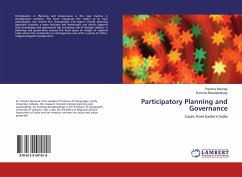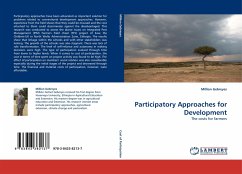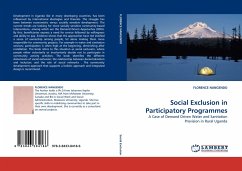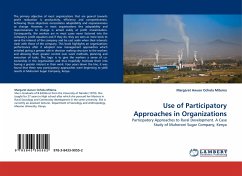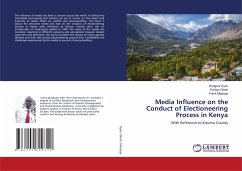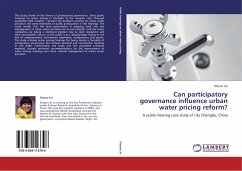
Can participatory governance influence urban water pricing reform?
A public hearing case study of city Chengdu, China
Versandkostenfrei!
Versandfertig in 6-10 Tagen
52,99 €
inkl. MwSt.

PAYBACK Punkte
26 °P sammeln!
This study, based on the theory of participatory governance, takes public hearings on water pricing in Chengdu as the research case. Through qualitative field research, I present the problems centred on urban water provision and some limitations of public participation in the hearings. The study reveals that the local government is stepping back into the management of urban water provision for its own benefit, and the water companies are taking a dominant position due to slack regulation and their monopolistic nature, so the public is at a disadvantage owing to the lack of empowerment, informa...
This study, based on the theory of participatory governance, takes public hearings on water pricing in Chengdu as the research case. Through qualitative field research, I present the problems centred on urban water provision and some limitations of public participation in the hearings. The study reveals that the local government is stepping back into the management of urban water provision for its own benefit, and the water companies are taking a dominant position due to slack regulation and their monopolistic nature, so the public is at a disadvantage owing to the lack of empowerment, information asymmetry, transparency and equity. The study criticises water pricing hearings for being merely a formality of participatory governance but without practical and constructive meaning at this stage. Furthermore, the study and the associated problems explored, provide pertinent recommendations for the improvement of water pricing hearings and more rational management in urban water provision.




